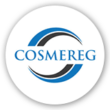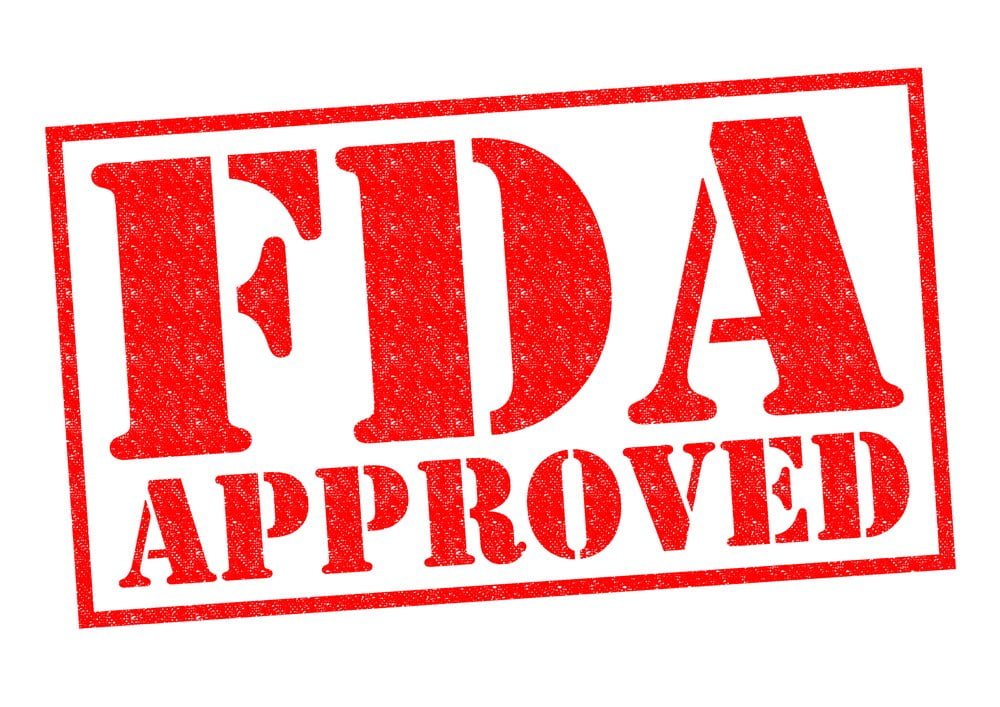FDA Cosmetic Approval: What You Need to Know About
The FDA regulates drugs and cosmetics, but when a cosmetic is considered a drug, it can become difficult for manufacturers to discern whether their product is classified as an FDA OTC drug or a cosmetic and if requires FDA cosmetic approval. FDA OTC Drug product regulation is more comprehensive and stricter than cosmetic approval.
Ingredients and Use Determine Whether It’s a Cosmetic or an OTC Drug
Regulators will determine if a cosmetic is classified as a drug based on the ingredients and intended usage of the product. In most cases, FDA cosmetic approval isn’t required to market a cosmetic so long as:
• Prohibited ingredients aren’t found in the cosmetic
• All claims made are appropriate
Facilities don’t have to be registered with the FDA either when a product is classified as a cosmetic.
Drug facilities must be registered, and the facility must provide a list of all drugs handled at the facility to the FDA. Strict approval processes are required for all drugs, and a new drug application is required if the drug is marketed in the US unless the drug conforms to over-the-counter requirements.
A reform bill called the Safe Cosmetics and Personal Care Products Act of 2019 was introduced, but it seems to have stalled. The bill would make cosmetic approval more stringent and have a major impact on the industry.
When is a Cosmetic Regulated as a Drug?
Cosmetics are regulated as a drug when the product contains “active drug ingredients.” These ingredients are vast and can include ingredients found in products that are used to:
• Prevent sweating (Aluminum Zirconium Tetrachlorohydrex)
• Anti-dandruff products
• Acne-related cosmetics (Salicylic Acid)
Sunscreens, face creams and certain products containing fluoride are regulated as drugs rather than cosmetics. If a product contains these ingredients and is marketed in the US, the facility manufacturing the product may face FDA enforcement. Warning letters or even import refusals are common in these products.
The products that fall into the drug category or “other” products category often include:
• Cleansers
• Deodorants
• Detergents
• Soaps
It’s important for all manufacturers to have their products properly classified. FDA officials refuse thousands of drugs per year because they lack the required approval through the FDA.
Do your Cosmetic/FDA OTC drug products conform to a monograph? If yes, the product might be sold in the market without FDA approval.
What if my FDA OTC drug products do not conform to a monograph? In this case, we are talking about a New Drug and an NDA (New Drug Application must be filed) and it will be required FDA approval.
See the following link for a complete list of all the US FDA Monographs.
Cosmetic Claims and Drug Classification
FDA cosmetic approval also takes into account the claims that the manufacturer makes in its marketing material. Officials will send warning letters to cosmetic companies that claim that their product helps with disease:
• Diagnosis
• Mitigation
• Treatment
• Prevention
Products that claim to impact certain functions and structures in the body may also be regulated as a drug. Warning letters are supplied to facilities making these claims, and there’s often a 15-day period where the company can reply to the letter. All letters are made public and can result in products being seized if the manufacturer fails to reply in the allotted time.
It’s important that cosmetic manufacturers work to keep or bring their cosmetics or FDA OTC drugs products to compliance. Proper registration with the FDA, labeling and review of the ingredients in a product can help keep products within guidelines. Products that are improperly marketed or that contain ingredients considered a drug may be seized.
Confused?
If you are unsure about FDA cosmetic approval, FDA OTC drug classification, the regulatory status of ingredients, or the labeling of the product, Cosmereg can assist you to comply with the U.S. FDA laws.
Cosmereg’s Ingredients & Labeling Review service will help you bring cosmetic products to market in the U.S. safely and quickly.
For more information about FDA regulations, FDA registration, cosmetic labeling & Ingredient Review, Please contact our FDA regulatory consultant or call us +1 727 350 93 80 for the U.S. and +44 20 3318 2439 for Europe.



